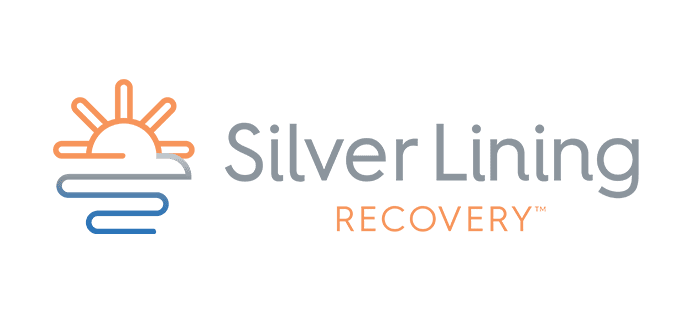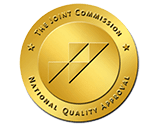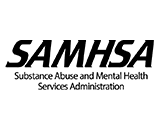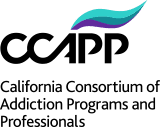Addiction can make you feel stuck, isolated, and uncertain about how to move forward. Whether you’re struggling with substance use or behavioral addiction, you’re not alone—and recovery is possible. At Silver Lining Recovery in Huntington Beach, we provide evidence-based, compassionate care to help you take the first steps toward healing.
What Does It Mean to Overcome an Addiction?
Overcoming addiction means more than just quitting a substance or behavior. It involves understanding the root causes, building new habits, finding support, and learning how to navigate life in a healthier way. Recovery is not a one-size-fits-all journey, and it often requires both internal commitment and external support.
When you have a substance abuse issue, your focus is entirely on using that drug or alcohol. As a result of an addiction, you may lose the ability to function normally in your daily life.
When you have an addiction, you will experience distortions in behaviors and thinking. There are changes in your brain’s structure and its function. These brain changes lead to cravings, personality changes, abnormal movements, and out-of-character behaviors.
There’s a physical component as well as a psychological aspect to addiction.
When you use certain substances such as opioids or alcohol, your body becomes physically dependent on them. That physical dependence creates withdrawal symptoms if you cut down on how much you use or stop cold turkey.
Going through detox and withdrawal causes the severe cravings you may experience in the early days as you’re figuring out how to overcome addiction.
Because of the complexity and the effects on every area of your health and life, getting over an addiction tends to require multiple types of treatment. For many people, medication and group or individual therapy are helpful.

Steps to Overcome Addiction
Step 1: Acknowledge the Problem
Recognizing that addiction is affecting your life is the first step. This can be one of the hardest parts, but it opens the door to change.
Step 2: Identify Triggers and Patterns
Pay attention to the people, places, emotions, or situations that increase the urge to use. Awareness helps you avoid or manage these triggers.
Step 3: Reach Out for Support
Talk to someone you trust—a friend, loved one, or professional. Support is key to recovery, and you don’t have to go through it alone.
Step 4: Explore Treatment Options
Effective treatment may include outpatient programs, individual therapy, group counseling, or holistic approaches. At Silver Lining Recovery, we tailor each treatment plan to your unique needs.
Step 5: Build a Healthier Lifestyle
Start incorporating positive habits like exercise, mindfulness, nutritious eating, and healthy sleep routines. These habits help stabilize your mood and reduce relapse risk.
Step 6: Create a Relapse Prevention Plan
Recovery is a long-term process. Learn how to recognize warning signs and develop a plan to cope with stress, cravings, or setbacks.
I’ve known the owner of Silver Lining Recovery now for almost 15 years. This center offers people the real opportunity to change their lives and recovery from drugs and alcohol. It’s one thing to go to detox, it’s another to continue the journey and make a lasting change in real life. They also offer a business professional tract that really works. Whenever I get a chance, I tell anyone I can to go to this center. It’s the real deal.

Can You Overcome Addiction Without Rehab?
Some people can quit using substances on their own, but for many, professional support makes a significant difference. Rehab provides structure, accountability, and access to therapies that address the root of addiction.
At Silver Lining Recovery, we offer outpatient care in Huntington Beach for those who need flexible, personalized support while staying connected to everyday life.
Why Professional Help Makes a Difference
Addiction affects both the brain and behavior. Working with licensed therapists, addiction counselors, and peer support groups gives you the tools to rebuild your life. Treatment addresses more than the addiction—it treats the underlying emotional, psychological, or trauma-related factors too.

Find Help for Addiction in Huntington Beach
Silver Lining Recovery offers:
- Outpatient addiction treatment
- Dual diagnosis care
- Trauma-informed therapy
- Family support and education
- Holistic therapies like mindfulness and yoga
Our team is here to support you with evidence-based, compassionate care right here in Orange County.
If you’re ready to take the first step or you’re wondering how to quit an addiction for good, we’re here to help. Call us today or reach out for a confidential consultation.







